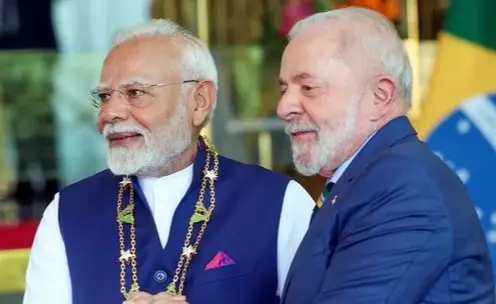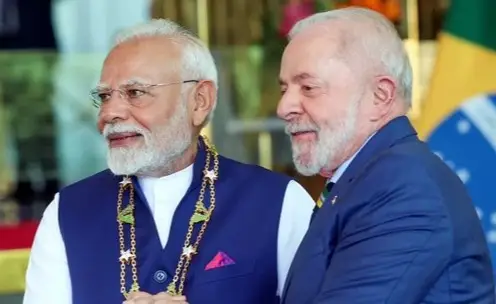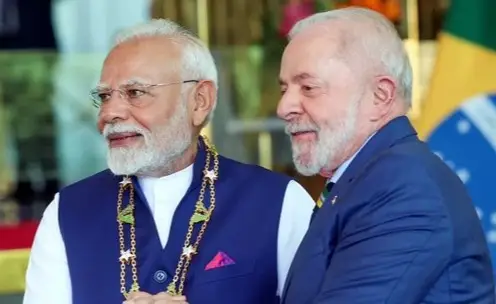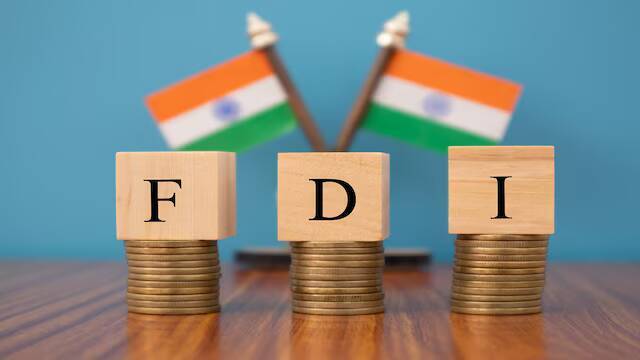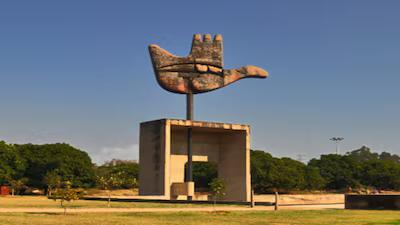
Politically Manufactured: BJP on Controversy over Chandigarh Bill
The Constitution (131st Amendment) Bill, which aims to grant the President the power to make regulations for Chandigarh, has sparked a heated debate in the political landscape of India. The Bill, which was recently introduced in the Parliament, has been met with criticism from the Opposition parties, who claim that it is an attempt to undermine the autonomy of the city. However, the Bharatiya Janata Party (BJP) has dismissed these allegations, with MP Praveen Khandelwal stating that the controversy is “politically manufactured” by insecure leaders.
According to Khandelwal, the Bill is an administrative decision, not a political one, and is aimed at boosting economic growth in Chandigarh. He accused the Opposition of spreading misinformation and trying to create a storm out of a non-issue. The BJP MP emphasized that the Bill is necessary to streamline the governance of Chandigarh, which is a Union Territory, and to bring it in line with other such territories in the country.
The Constitution (131st Amendment) Bill seeks to amend Article 239 of the Constitution, which deals with the administration of Union Territories. The Bill proposes to give the President the power to make regulations for Chandigarh, which is currently governed by the Punjab and Haryana High Court. The Opposition parties, including the Congress and the Aam Aadmi Party (AAP), have opposed the Bill, claiming that it is an attempt to centralize power and undermine the autonomy of the city.
However, Khandelwal argued that the Bill is necessary to bring about economic growth and development in Chandigarh. He stated that the current system of governance in the city is outdated and is hindering the growth of industries and businesses. The BJP MP claimed that the Bill will help to create a more business-friendly environment in Chandigarh, which will attract investment and create jobs.
The controversy over the Chandigarh Bill has sparked a political storm in Punjab, with the Opposition parties accusing the BJP of trying to impose its will on the state. The AAP, which is in power in Punjab, has termed the Bill as an “attack on the federal structure of the country”. The party’s leader, Bhagwant Mann, has stated that the Bill is an attempt to centralize power and undermine the autonomy of the states.
However, Khandelwal dismissed these allegations, stating that the Bill is an administrative decision and not a political one. He emphasized that the BJP is committed to the development of Chandigarh and is working towards creating a more business-friendly environment in the city. The BJP MP accused the Opposition of spreading misinformation and trying to create a controversy out of a non-issue.
The controversy over the Chandigarh Bill has also sparked a debate on the role of the President in the governance of Union Territories. The Opposition parties have argued that the Bill is an attempt to give the President more powers, which will undermine the autonomy of the cities. However, Khandelwal argued that the President’s role is limited to making regulations for the governance of Union Territories, and that the Bill is necessary to bring about economic growth and development in Chandigarh.
In conclusion, the controversy over the Chandigarh Bill has sparked a heated debate in the political landscape of India. While the Opposition parties have accused the BJP of trying to undermine the autonomy of the city, the party has dismissed these allegations, stating that the Bill is an administrative decision aimed at boosting economic growth. The BJP has accused the Opposition of spreading misinformation and trying to create a controversy out of a non-issue. As the debate continues, it remains to be seen how the Bill will fare in the Parliament and what impact it will have on the governance of Chandigarh.
